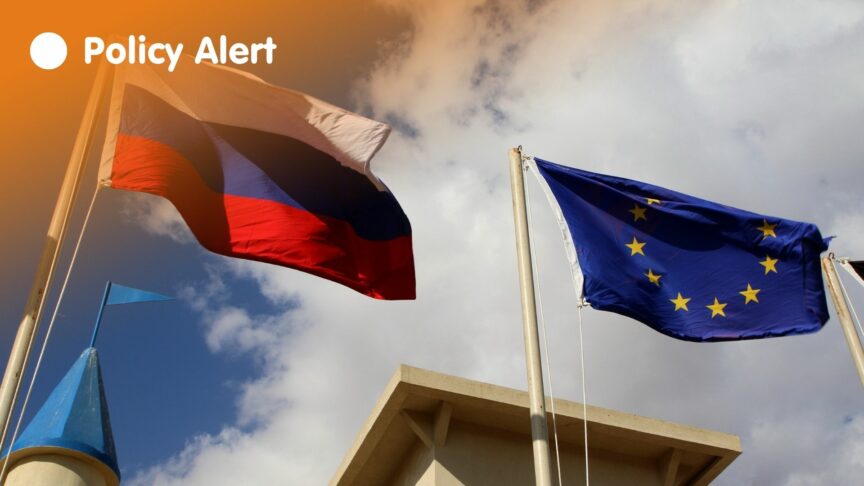Getting European Elections Right
The graphics below are part of the polling-backed study on confidence levels in the EU, attitudes towards the ongoing wars and thoughts on other major challenges (including climate change, migration, and the rise of nationalist and anti-establishment parties) in the context of the EU parliament elections.
The raw data for the graphics can be downloaded by clicking on the link “Get the data” below each graphic.
The data is embargoed until 21 March.
Graphics
Polling and Methodology
This report is based on a public opinion poll of adult populations (aged 18 and over) conducted in January 2024 in 12 European countries (Austria, France, Germany, Greece, Hungary, Italy, Netherlands, Poland, Portugal, Romania, Spain, and Sweden). The total number of respondents was 17,023.
The polls were conducted online by Datapraxis and YouGov in Austria (4-11 January, 1,111 respondents), France (2-19 January, 2,008), Germany (2-12 January, 2,001), Greece (8-15 January, 1,022), Hungary (4-15 January, 1,024), Italy (5-15 January, 2,010), Netherlands (5-11 January, 1,125), Poland (2-16 January, 1,528), Portugal (3-15 January, 1,037), Romania (4-12 January, 1,030), Spain (2-12 January, 2,040), and Sweden (2-15 January, 1,087).
The European Council on Foreign Relations does not take collective positions. ECFR publications only represent the views of their individual authors.











